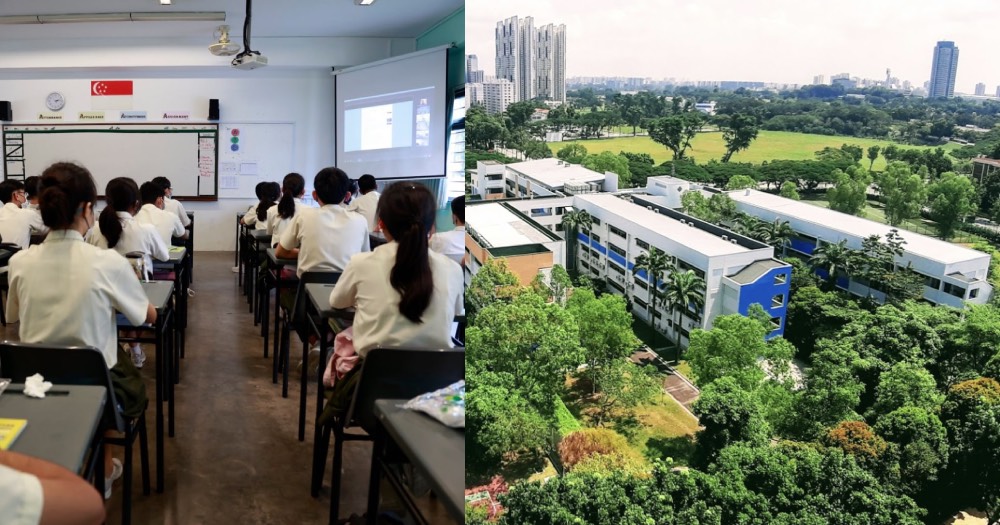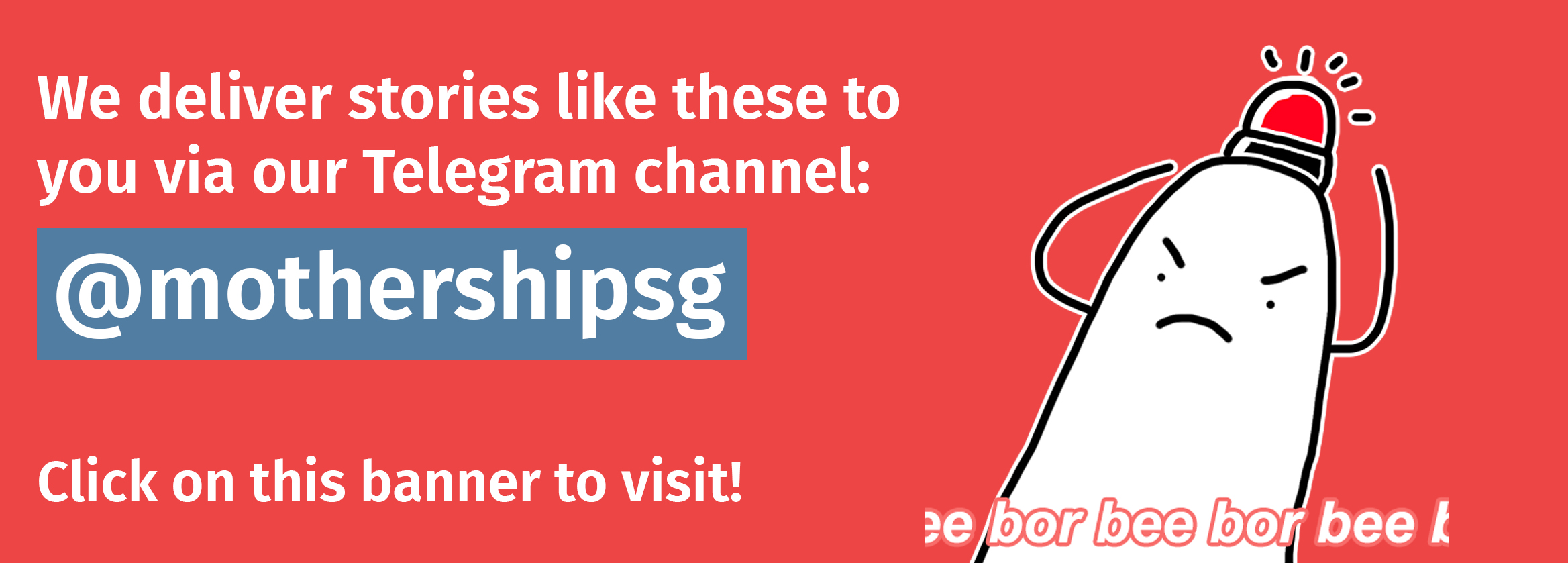The introduction of the new Eco Stewardship Programme (ESP) in schools seeks to empower students to play a part in environmental sustainability, in line with the national sustainability agenda, Singapore Green Plan 2030.
This was announced by Minister for Education (MOE) Lawrence Wong during the Ministry of Education's Committee of Supply Debates in Parliament on Thursday (Mar. 4).
To further strengthen the sustainability efforts in schools, the ESP will cover educational institutions from primary schools to pre-university.
Four Cs
The ESP revolves around the four Cs - Curriculum, Campus, Culture and Community.
Curriculum
MOE will enhance the teaching and learning of sustainability in the Science and Humanities curriculum.
Wong said that students will also refresh and strengthen the Singapore perspective on sustainable development. More learning resources will be developed to make learning sustainability more authentic and engaging to the students.
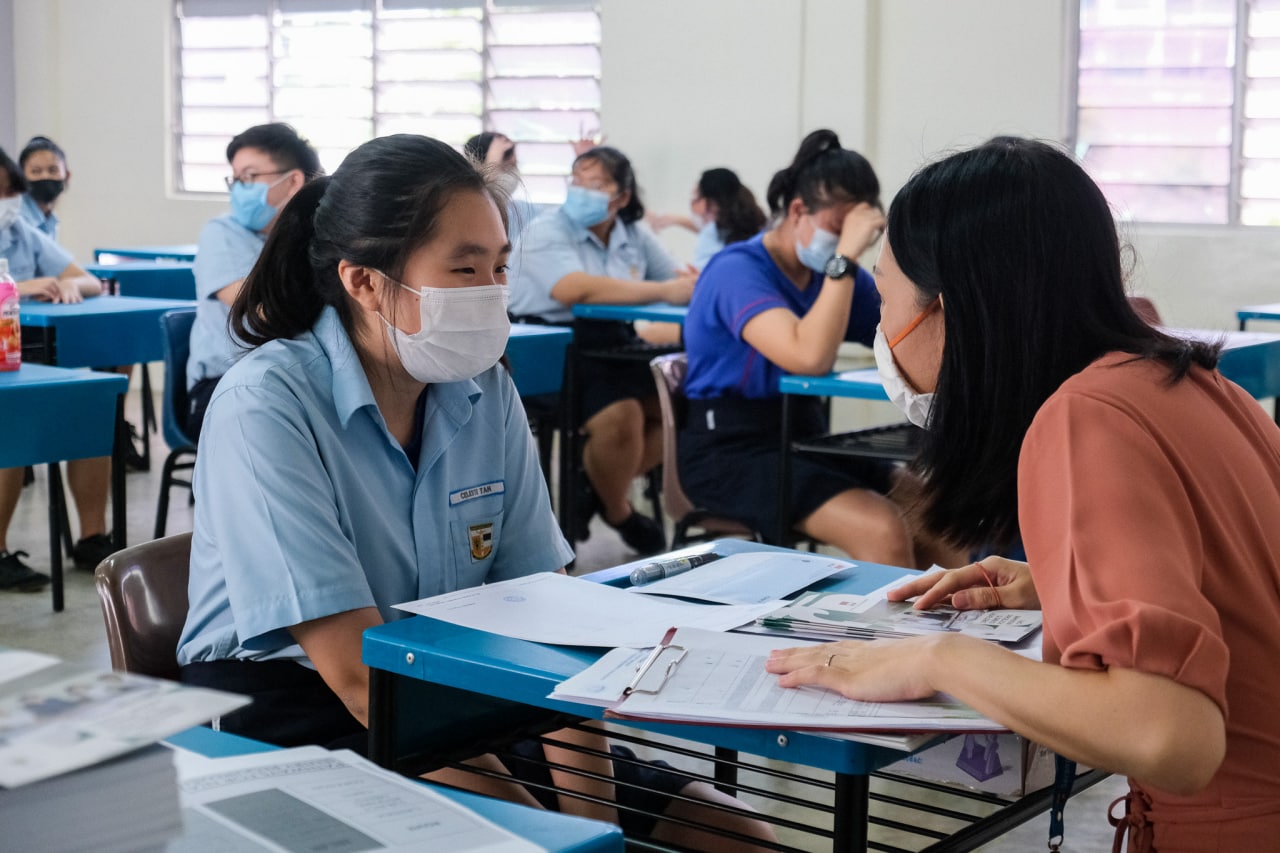 Photo via MOE's Facebook page for illustration purpose.
Photo via MOE's Facebook page for illustration purpose.
According to MOE, this includes:
- A revised Primary Social Studies curriculum on the importance of using resources wisely to protect the environment
- The topic of sustainability being featured in Lower Secondary Science
- Deeper exploration of related environmental contexts and issues integrated into Upper Secondary Science
- Upper Secondary and Pre-University Geography organised around the theme of sustainability:
- Local environmental concerns and related regional innovations in Upper Secondary
- Importance of sustainable urban development in Pre-University Geography
Campus
All schools will be enhanced with sustainability features such as:
- Energy-efficient technologies like LED lights and Direct-Current ceiling fans
- SolarNova (solar photovoltaic panels) deployment
SolarNova is a whole-of-government effort to accelerate the deployment of solar panels in Singapore.
Around 130 schools are on the SolarNova programme with solar panels being progressively installed on their rooftops.
This programme will extend to cover most of the remaining schools in the coming decade.
One school that has sustainability features within their campuses to enrich student's learning is Commonwealth Secondary School, Wong said.
Commonwealth Secondary School has set up several eco-habitats, including the Rainforest, the Stream and the Wetland, which offer real eco-systems that students can study and observe. The canteen also uses harvested vegetables in the school's nursery planted by the students.
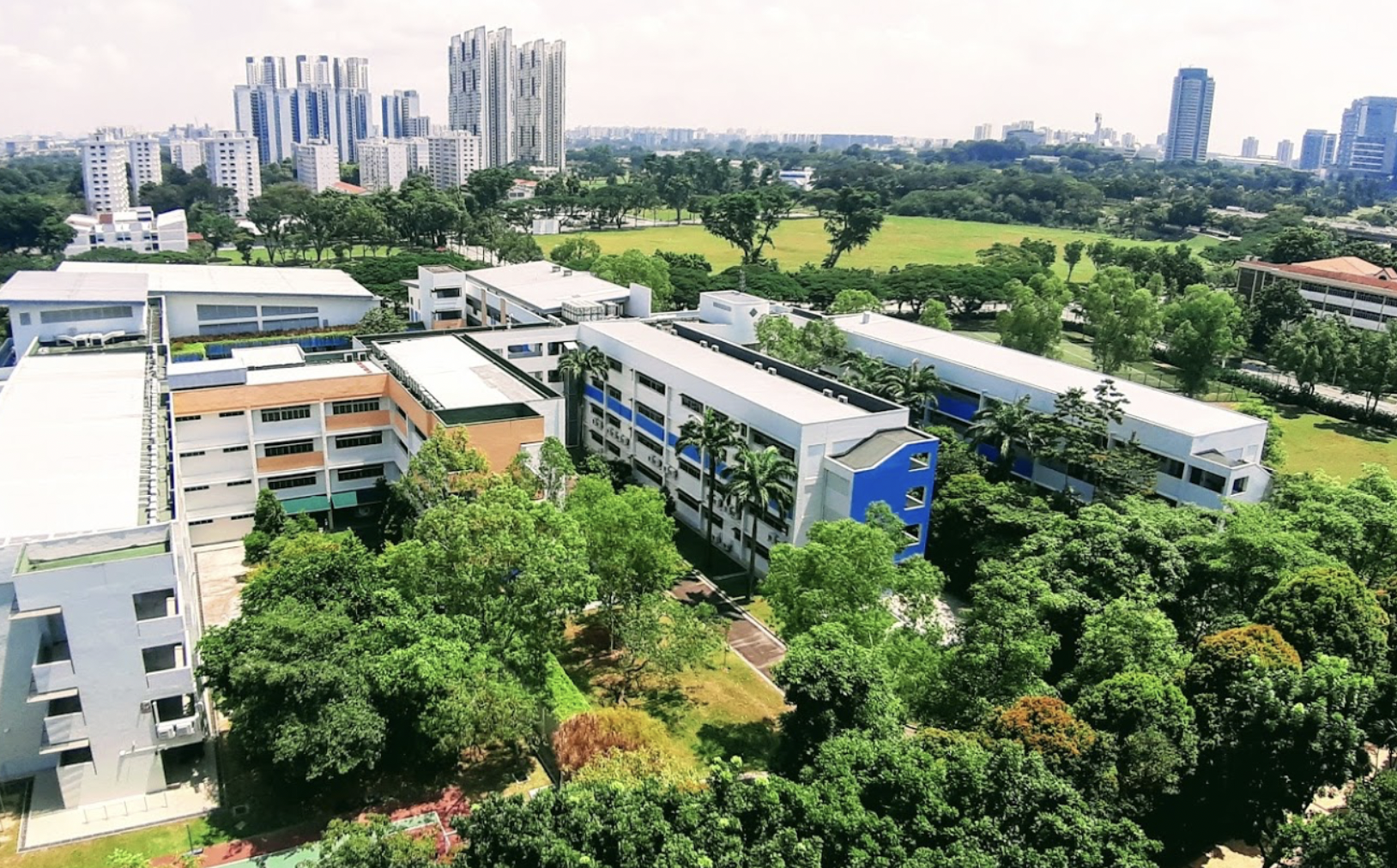 Commonwealth Secondary School. Image via Google Maps.
Commonwealth Secondary School. Image via Google Maps.
Culture
Wong said that MOE aims to strengthen the "eco culture" in schools through ESP.
"We will build on existing efforts to instill daily habits of environmental consciousness, and we will expand our everyday responsibilities to include sustainability habits. It could be simple activities such as switching off lights and fans upon leaving the classrooms. Some schools have also encouraged students to reduce and recycle food waste."
Citing Elias Park Primary School as an example of schools that have stepped up sustainability efforts. Elias Park Primary School has a food waste management programme and students are taught to order only what they can finish and use bio-digesters in the canteen for food waste recycling.
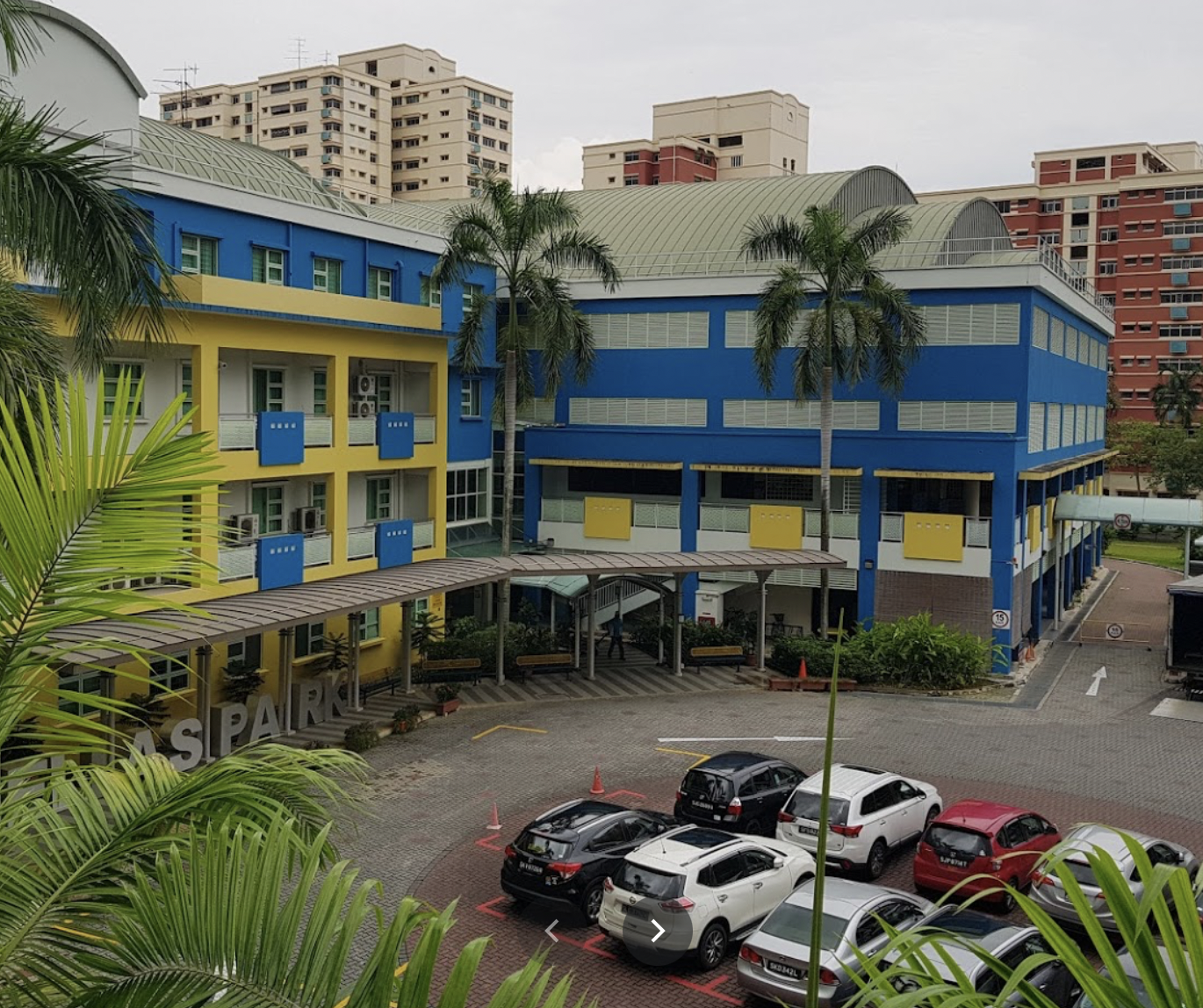 Elias Park Secondary School. Image via Google Maps.
Elias Park Secondary School. Image via Google Maps.
Community
MOE will also work with other agencies as well as private and people sectors to create a community ecosystem to promote learning about sustainability and sustainable living.
Schools will expand environment-related volunteering and enrichment opportunities through Values-in-Actions or environment-related CCAs through community partnerships.
Additionally, teachers and school Education and Career Guidance counsellors will be equipped to build students' awareness of future “green jobs” and relevant opportunities, as well as explore their interests.
Such jobs may be in green urban design, renewable energy and sustainability technology, water management, food sustainability and urban farming, and green financing.
Sustainability features pilot
With plans for schools to harness solar energy, reduce energy usage, and waste generation, the goal is to achieve:
- Two-thirds reduction of net carbon emissions by 2030
- At least 20 per cent of schools to be carbon neutral by 2030, with the rest to follow thereafter
Besides the curriculum revision, four schools have also been selected to pilot sustainability features and related concepts from April 2021 to 2023.
The pilot focuses on reducing carbon footprint by:
- Developing environmental policies and programmes and enhancing campus infrastructure
- Trialling lesson packages to raise awareness of carbon footprints and how to reduce them
- Developing and trialling lesson resources that either feature sustainability initiatives or are integrated with schools' green infrastructure
- Enhancing infrastructure and campus to reduce each school’s carbon footprint
The four identified schools are Elias Park Primary School, Mee Toh School, Commonwealth Secondary School and Tampines Secondary School.
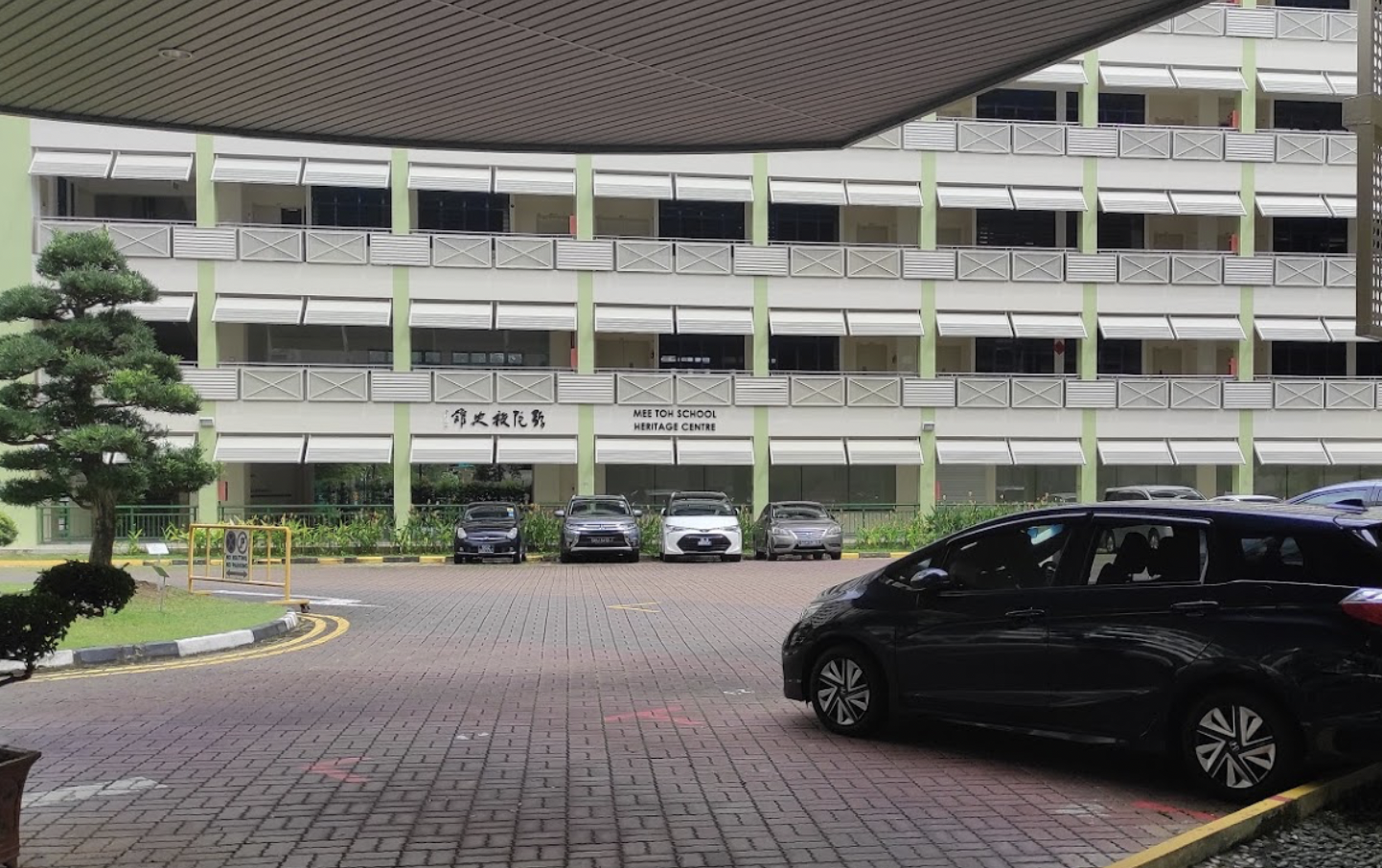 Mee Toh School. Image via Google Maps.
Mee Toh School. Image via Google Maps.
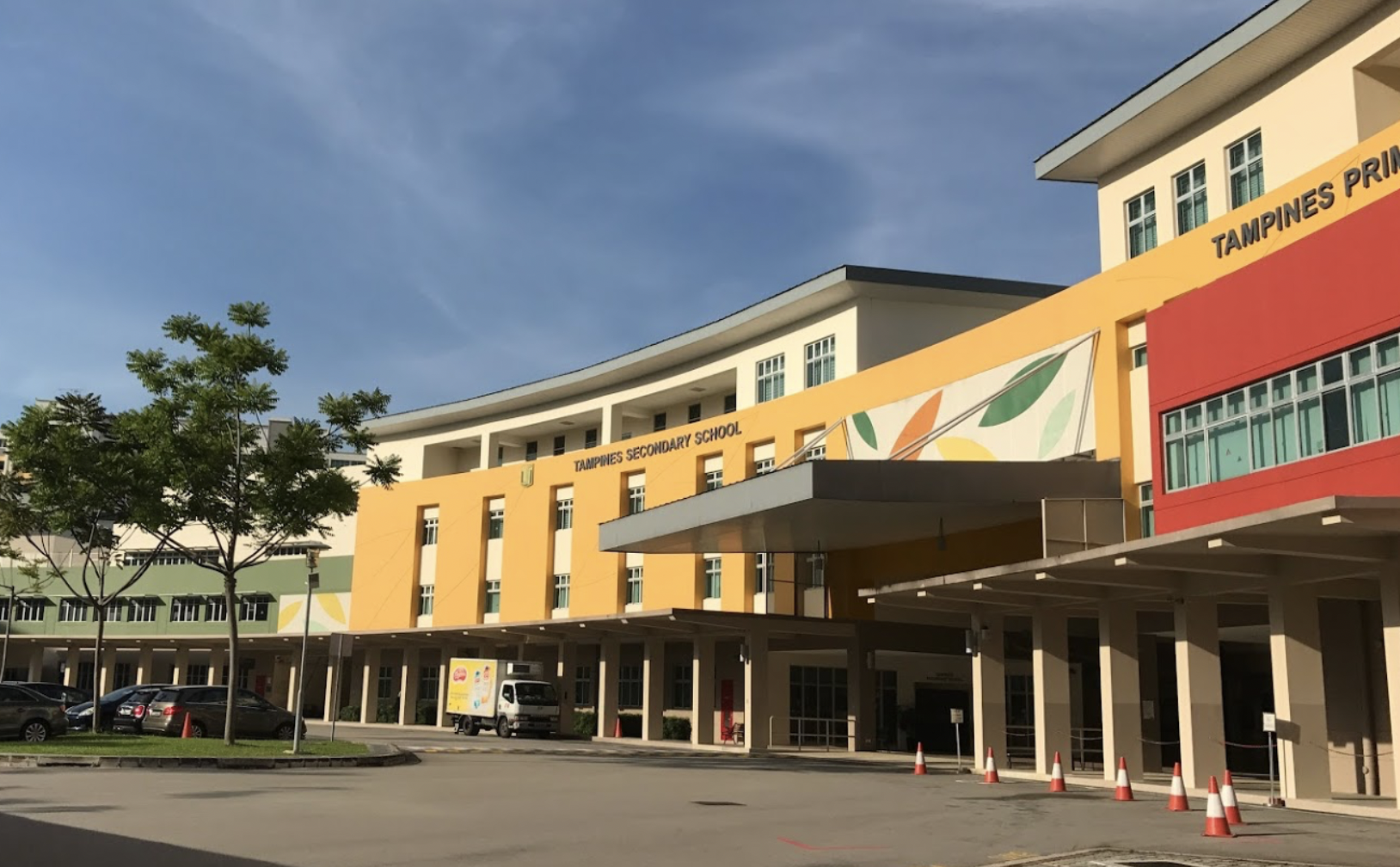 Tampines Secondary School. Image via Google Maps.
Tampines Secondary School. Image via Google Maps.
These schools have already adopted a holistic school-wide approach to sustainability, Wong said, so MOE will be working with them to work on further reducing carbon emissions.
Good and practical solutions piloted in these schools will be progressively introduced to other schools in Singapore.
"We hope to see in every student an eco steward for life – where they will have a sensible sensitivity towards the environment, and understand what it means to live sustainably," Wong said.
Top images by MOE's Facebook and Google Maps.
If you like what you read, follow us on Facebook, Instagram, Twitter and Telegram to get the latest updates.
